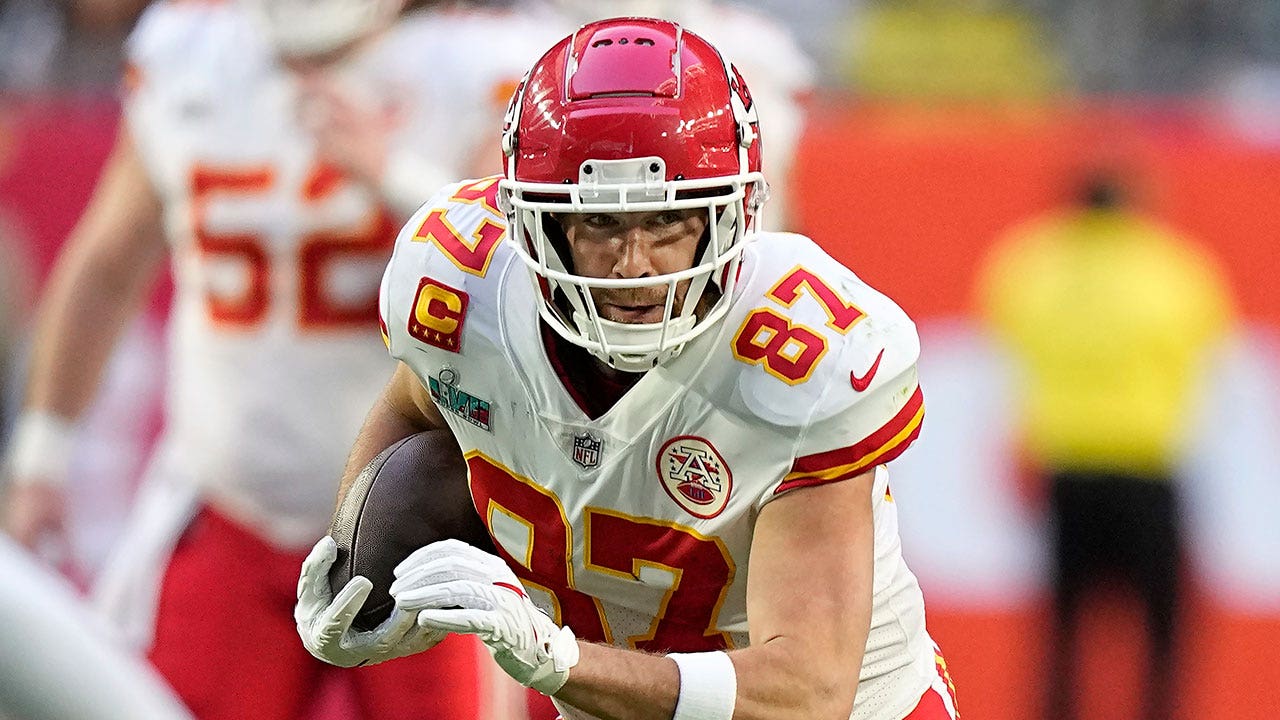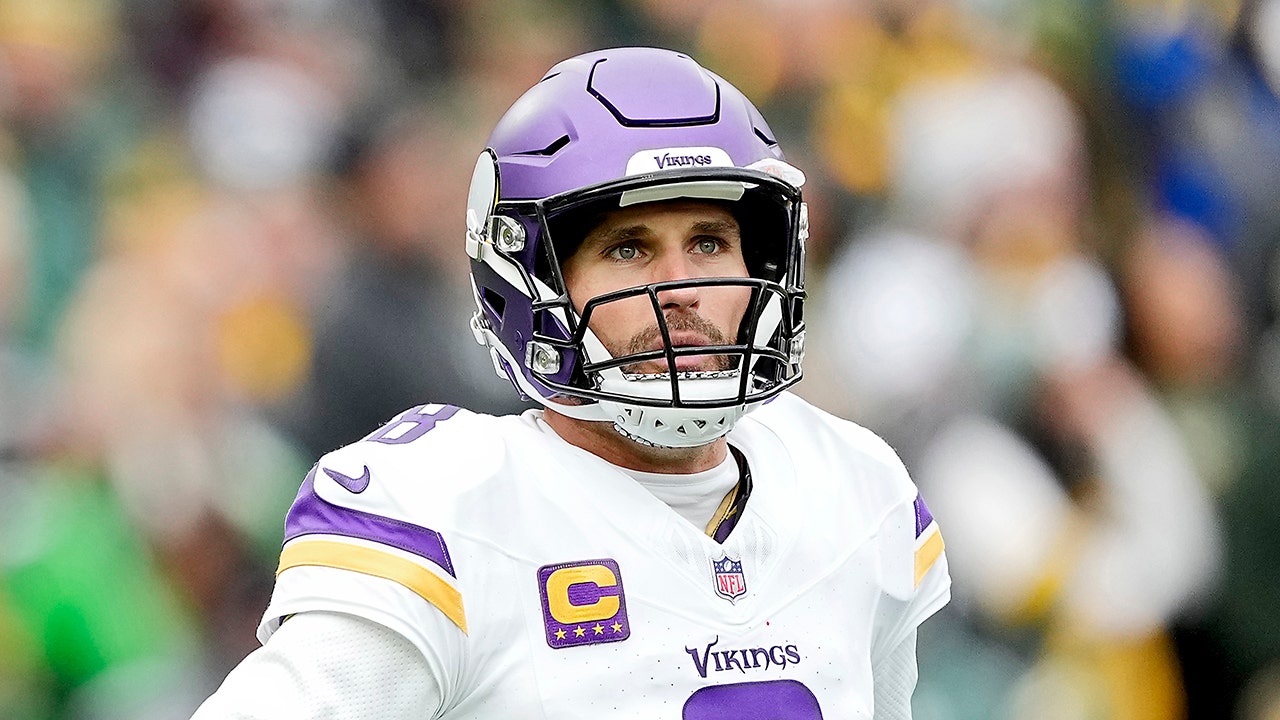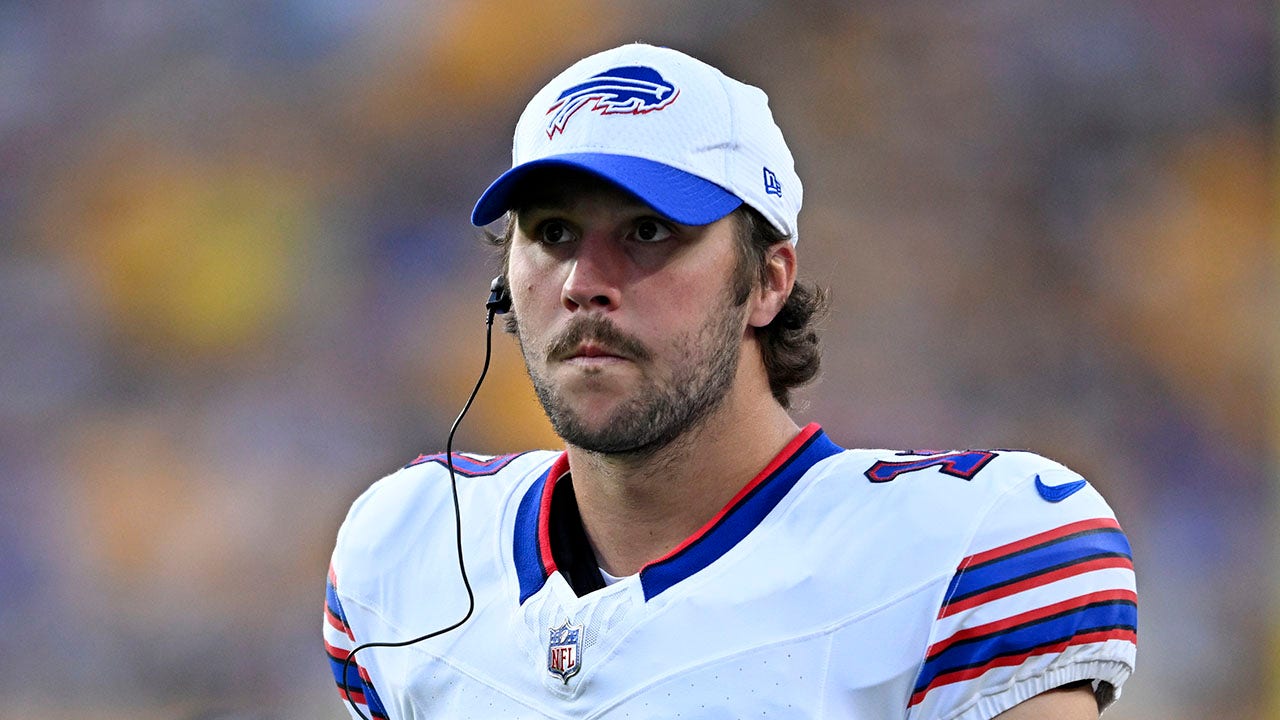BROOKLYN, Mich. — Bubba Wallace sat down at the Michigan International Speedway media center desk and smirked.
“Can only imagine what is going to be asked about,” Wallace said.
It was entirely obvious, of course. The topic in the garage Saturday was the same as it has been all week after Austin Dillon wrecked two drivers on the final lap to win at Richmond Raceway: What did people make of NASCAR’s decision to penalize Dillon, and what sort of message does that send?
Wednesday, after a couple of days of deliberation, NASCAR said it would allow Dillon to keep his victory but stripped the playoff eligibility that accompanies a typical win. Dillon went into Turn 4 on the final lap at Richmond and intentionally took out Joey Logano, then swerved and hooked Denny Hamlin into the wall.

Free, daily sports updates direct to your inbox.
Free, daily sports updates direct to your inbox.
Sign Up
Drivers largely expressed satisfaction with NASCAR stepping in to make a call on what they viewed as over-the-line racing for the first time in the playoffs era, which began in 2004. Kyle Larson estimated “99 percent of the field” was happy with NASCAR’s decision to enforce a minimum driving standard.
“We have to determine what we’re going to be and how we’re going to be as a sport,” veteran Michael McDowell said. “Are we going to be ‘Boys, have at it’ and do anything you can to win a race and get your team into the playoffs? Or is there going to be sporting conduct and a code that says, ‘We want you to race hard, and we want you to go for it, but there’s a limit’?
“The line was crossed, and NASCAR responded correctly.”

Veteran driver Michael McDowell was pleased with NASCAR’s decision to penalize Austin Dillon. (David Yeazell / USA Today)
For the most part, drivers said the decision wouldn’t change how they raced. Wallace said the frequent boasts about how most of them would “wreck your mother to win” were actually hot air, and in reality “you do everything in your power under the respectful line to win a race.”
To wit, Erik Jones firmly declared: “I don’t race that way. I wouldn’t have done it. … It is really not in my playbook.”
Added Chris Buescher: “I know what I’m here to do, what I’m willing to do and what I’m comfortable with. Whatever the ruling — there may not be the most clarity there if you’re trying to put it on paper, but we understand what’s acceptable.”
On the other hand, some drivers understood why Dillon made his move. McDowell called it a “$3 million lap” in terms of the difference between qualifying for the playoffs and not, which is why Dillon launched his desperate attempt to win.
“If he makes that stick and everything goes good, it’s a big swing for his team and his partners,” McDowell said. “I don’t sit here being like, ‘Oh, that was stupid. That was uncalled for.’ I go, ‘I get it.’ Sometimes it works, and sometimes it doesn’t, and it just didn’t work.”
But the question remained: Do drivers know where the line is? NASCAR has yet to spell it out, other than to say Dillon was penalized due to the “totality” of his actions.
Hamlin said the line was clear: Cars battling and making contact because of close racing will be deemed OK, but intentionally wrecking the leader to win the race is not.

GO DEEPER
Gluck: Thankfully, NASCAR got Austin Dillon decision right
Still, he added: “Sometimes balls and strikes aren’t totally clear. There is one right on the edge and you have to call it, but it is up to us to make the decision … to put ourselves in that position where it could be called one way or the other.”
The lack of specific reasoning as to why Dillon was penalized prompted Kyle Busch, Dillon’s Richard Childress Racing teammate, to say the rule isn’t clear at all.
“They all want to say we know where the line is; we don’t know where the line is,” Busch said. “Logano flat out wrecked me at Vegas for third place in the exact fashion that (Dillon) knocked him out of the way for a win. That’s why he got punched in the face (in a viral 2017 fight).”
Team Penske’s Austin Cindric said he understood why officials had yet to spell out the specifics — and what actions could stop just short of crossing that line — with an appeal pending from Dillon’s team Wednesday. Cindric said he hoped NASCAR would clarify its decision in the coming weeks.
But there’s a chance that clarity will never come. Brad Keselowski said that while it would be nice for NASCAR to able to spell out the rules for every potential situation in a perfect world, the reality is something new will always pop up and makes it challenging for NASCAR to predict the future.

GO DEEPER
Austin Dillon’s Richmond win won’t count toward NASCAR playoff eligibility
In that regard, Keselowski said officials “made as good of an attempt as you could make to draw a line in the sand.”
“We want them to be proactive and not reactive, but they’re outnumbered significantly by people who are always trying to find new ways to beat systems,” Keselowski said. “And in some cases, they have to be reactive. This is one of those cases, in my mind.”
Ross Chastain has been the poster child for recently exploited loopholes that were closed. He found a shortcut at the Indianapolis road course that drew a penalty because it was too glaring, and his “Hail Melon” move at Martinsville was allowed to stand but later banned for future uses.
Similarly, Chastain said the line after Richmond is “not clear, but I am constantly aware of what I feel like everyone is thinking.”
“You just can’t be too far against the grain, in my opinion,” he said of what causes NASCAR to react.
Chastain and Dillon seemed to suggest Hamlin’s outspokenness may have played a role in the penalty. Dillon said Hamlin displayed “gamesmanship” with his comments on the “Actions Detrimental” podcast and showed the veteran was good at knowing how to work the system.
“He plays the game well, and in the end, this is a game,” Dillon said, politely declining to elaborate on his feelings about the penalty decision. “I’ve got to do the same thing right now with my approach to everything that’s going on. We’re in the middle of the thick of it for that process.”

GO DEEPER
Austin Dillon wins NASCAR Cup Series race after crashing 2 drivers
Chastain was more subtle about NASCAR potentially being influenced by the public discourse.
“We’re listening to people, hearing who is loud and who is the squeaky wheel,” he said. “It looks like they got some grease.”
Dillon wasn’t the only one penalized after Richmond. Logano was fined $50,000 for dangerous actions on pit road when he did a burnout near Dillon’s family and friends who were walking toward the track as cars were returning to the pits.
Logano acknowledged what he did was wrong but said he had full control of his car and was never in danger of running anyone over. He showed restraint considering the circumstances, he added.
“It’s comparable to somebody breaking into your house and taking all your stuff, and a minute and a half later, you see them all celebrating with your stuff in your front yard,” he said. “What would you do?”
(Top photo: Sean Gardner / Getty Images)






